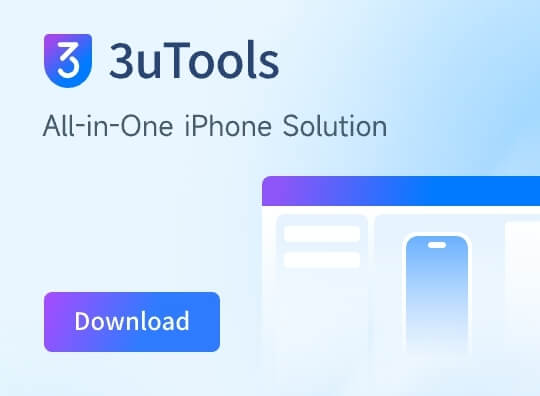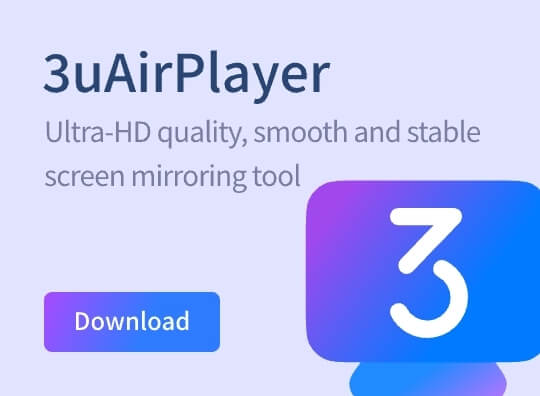The HomePod Mini Could Be Apple’s Secret Weapon For Expanding HomeKit
10/16/2020
3919
Apple is taking another try at building a smart home speaker with the new HomePod mini, a smaller, less expensive version of its original HomePod.
The original HomePod was a product that focused more on being a great speaker, rather than being a great smart speaker. The HomePod mini takes the opposite approach: it’s not just another avenue for Apple to put Apple Music or Siri into your home. It’s a way for Apple to vastly expand its HomeKit ecosystem to a much wider audience than ever before.
Sure, the HomePod mini will probably sound good — given that it’s a $99 speaker going up against the likes of the new Nest Audio and fourth-generation Echo, it has to. And having more avenues to push its subscription services to customers is a nice benefit for Apple. But its real potential lies in serving as the cheapest gateway yet to Apple’s smart home setup.
HomeKit isn’t a new part of Apple’s software setup — the company has offered the smart home platform since 2014, and there’s a broad list of products that work with it today (even if it’s not quite as popular among device manufacturers as Amazon Alexa or Google Assistant).
:no_upscale()/cdn.vox-cdn.com/uploads/chorus_asset/file/21956113/lcimg_c994bc29_77a0_44cd_9326_ef6385381f17.jpg)
But in order to actually take advantage of HomeKit to the fullest, you don’t just need the right smart lightbulb or Wi-Fi thermostat. You also need a HomePod, an Apple TV, or an iPad to serve as a “home hub.” Having a hub device vastly expands what HomeKit can do, allowing you to control your smart home devices when you’re not directly connected to your Wi-Fi network, invite guests to use smart home accessories in your house, and most importantly of all, create automated routines.
And at $99, the HomePod mini has considerably dropped the barrier to entry to gain access to those features, which previously required a $179 Apple TV 4K, $299 HomePod, or $329 iPad. Not only that, it also makes using those HomeKit features more accessible by adding an always-on microphone that can respond to smart home requests, for a third of the price of Apple’s previous option. For the price of one HomePod, you can cover the majority of your home with HomePod mini speakers (Apple’s main new feature, Intercom, is practically designed for that scenario).
:no_upscale()/cdn.vox-cdn.com/uploads/chorus_asset/file/21961675/homepod.jpg)
And there are plenty of compelling reasons to want to use Apple’s smart home setup over Google’s or Amazon’s options. If you’re already an Apple user, HomeKit accessories integrate into iOS on a native level, allowing you to access your lights or air conditioning directly from the iPhone’s Control Center menu, similar to turning on and off your Wi-Fi or Bluetooth.
Device manufacturers are also required to integrate their products into the Home app. Whether you like it or hate it, the app serves as a consolidated place for all your products and means that you shouldn’t have to deal with a third-party app, meaning that your hardware could — at least in theory — still work even if the company making it stops supporting its own app.
There’s also the security aspect: Apple is extremely rigorous when it comes to giving its HomeKit seal of approval, even after it removed the requirement for a physical hardware authenticator. It still reviews devices and requires that they go through an Apple-designed series of tests as part of the certification process before they’ll be allowed to work with HomeKit.
HomeKit puts another huge chunk of your day-to-day technology within Apple’s ecosystem, which is a big win for Apple. That’s because Apple relies on how well all of its products work together as a major selling point — the company’s basic pitch for years has been “the more Apple products you have, the better they all work.” And by getting more users on board with HomeKit, Apple gets to expand that ecosystem not just to your computer or phone or tablet, but through your whole house. It’s arguably more sticky than even your phone — once your whole home is committed to a specific platform, changing to something else is both onerous, expensive, and time-consuming.
The HomePod mini isn’t as good of a speaker as the HomePod. But it might just be the smart speaker that Apple needs to turn HomeKit from a hobby into a hit.
Source: The Verge












